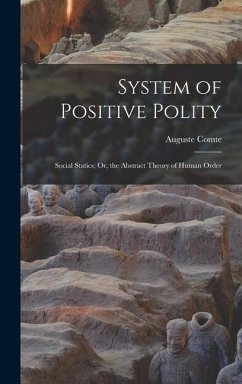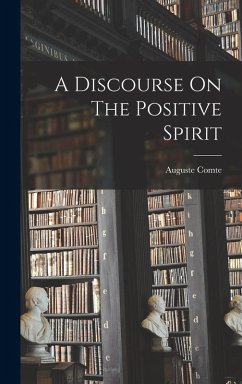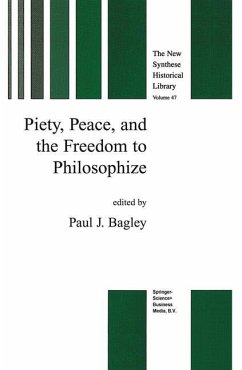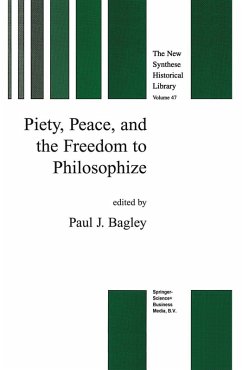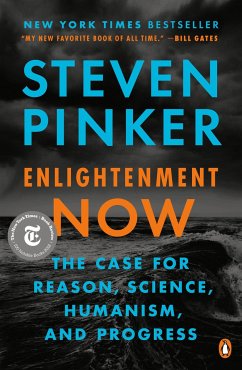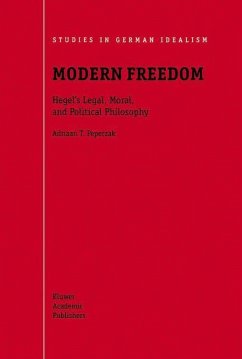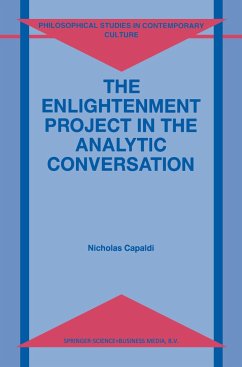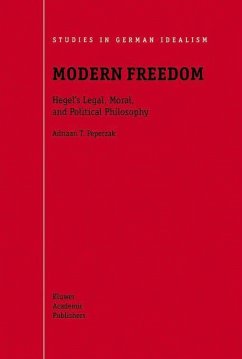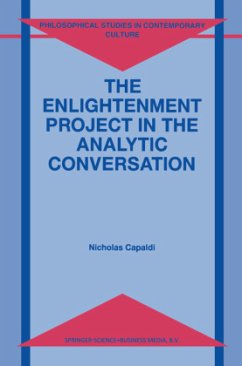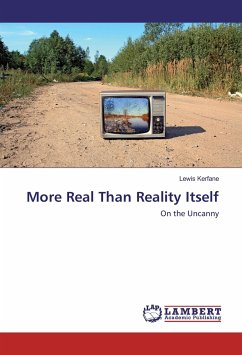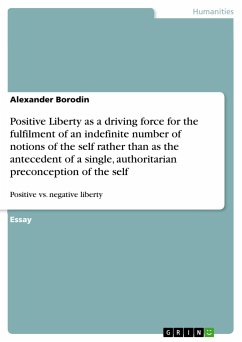
Positive Liberty as a driving force for the fulfilment of an indefinite number of notions of the self rather than as the antecedent of a single, authoritarian preconception of the self
Positive vs. negative liberty
Versandkostenfrei!
Versandfertig in 1-2 Wochen
15,95 €
inkl. MwSt.

PAYBACK Punkte
0 °P sammeln!
Essay from the year 2012 in the subject Philosophy - Philosophy of the 20th century, grade: 67, University of Essex (Department of Philosophy), language: English, abstract: Isaiah Berlin's fundamental distinction between two separate concepts of freedom , namely positive and negative liberty, is essential for the contrastive, at times even mutually exclusive perspective on freedom offered by him. Whereas negative liberty refers to the area of non-interference an individual theoretically possesses in the moment of his action, liberty in the positive sense highlights the actual presence of contr...
Essay from the year 2012 in the subject Philosophy - Philosophy of the 20th century, grade: 67, University of Essex (Department of Philosophy), language: English, abstract: Isaiah Berlin's fundamental distinction between two separate concepts of freedom , namely positive and negative liberty, is essential for the contrastive, at times even mutually exclusive perspective on freedom offered by him. Whereas negative liberty refers to the area of non-interference an individual theoretically possesses in the moment of his action, liberty in the positive sense highlights the actual presence of control on the part of the agent. On Berlin's account it is liberty in the negative sense that corresponds best with a pluralistic notion of political freedom as it guarantees a minimum of unrestrained space of action for the individual which ideally reflects the natural heterogeneity of human beings. Berlin's concern regarding a fulfilment of positive liberty has to do with the fact that negative liberties could be destroyed as a consequence of the emergence of one prevailing paradigm that everyone is obliged to obey. In what will follow, I shall argue, contrary to Berlin's remark, that an enlargement of positive liberty doesn't necessarily undermine the individual's negative liberties, but can even serve as an essential tool to promote them. However, this argument presupposes that individuals, classes and other human entities don't succumb to blind conformity with a certain paradigm, but rather identify themselves with their own, genuine ends to subsequently put them into effect.



